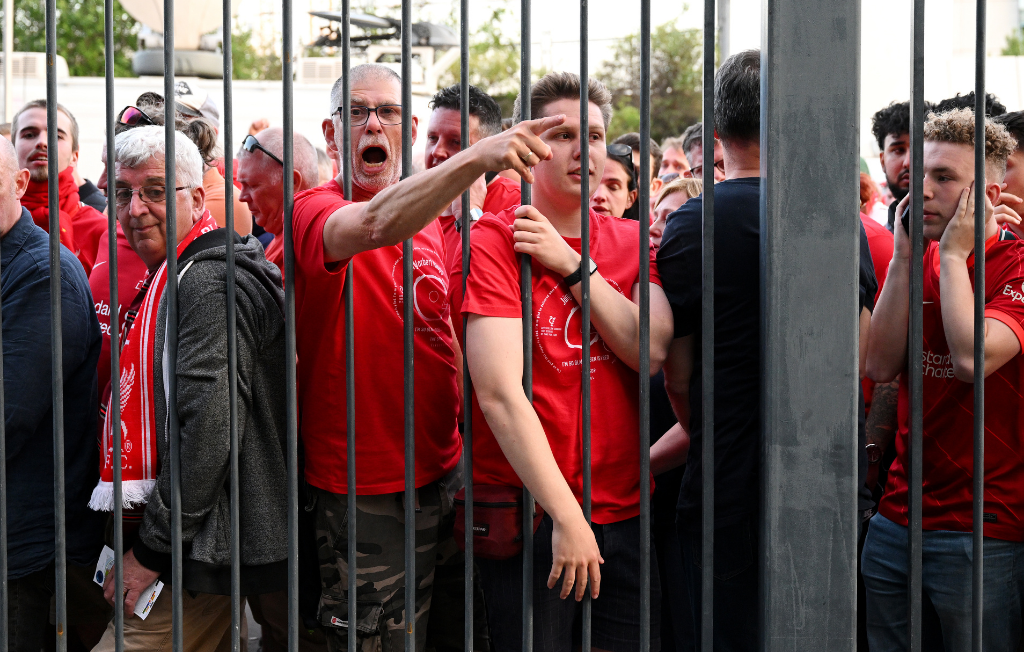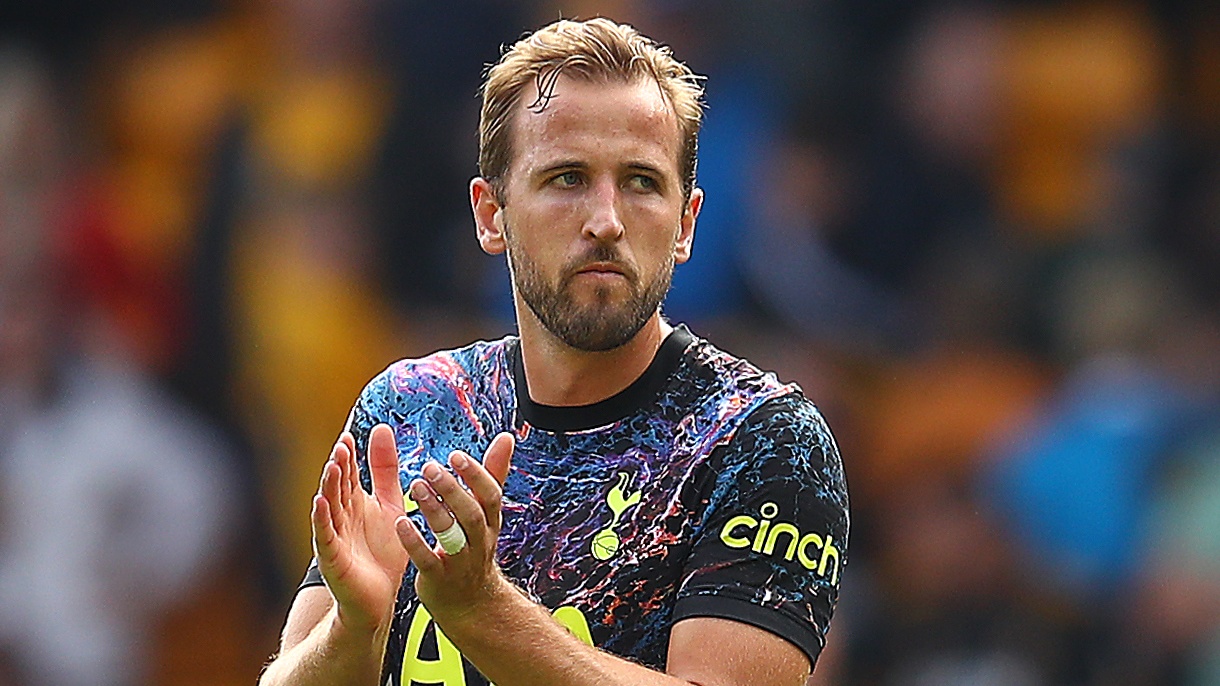England runs biggest trade deficit in world football
Overseas television rights and sponsorship deals from foreign investors amounting to over £1bn show English football can afford the deficit

England has begun the 2014/15 football season with a £379m balance of trade deficit, the biggest transfer deficit in world football, according to new analysis from Barclays. England became the biggest net importer of talent, spending £579m on recruiting players from overseas, with £200m of talent going to clubs abroad. England’s spend alone accounts for 44 per cent of the total number of imports worldwide.
However, the sums that the Premier League clubs spent on importing players from abroad were more than balanced by the trade generated from overseas business through foreign sponsorship and global television rights to the English game. Television rights to countries outside England are in excess of £744m a year and paid sponsorships from overseas businesses will contribute over £343m in the 2014/15 season, totalling over £1bn in revenue overall. The sponsorship figure could be much more as some amounts are not disclosed. With almost another £1bn per annum in domestic revenue, English football is well-placed to attract top overseas players to its football clubs.
Interestingly, France has gone from being a big net importer of football talent in the Summer 2013/14 transfer window, to being the largest net exporter of talent so far in 2014/15. The French Ligue 1 has experienced a dramatic turnaround in the football balance of trade in the last year, going from a deficit of £124m in the 2013/14 summer window to a surplus of £86.6m in the same window this season.
The Week
Escape your echo chamber. Get the facts behind the news, plus analysis from multiple perspectives.

Sign up for The Week's Free Newsletters
From our morning news briefing to a weekly Good News Newsletter, get the best of The Week delivered directly to your inbox.
From our morning news briefing to a weekly Good News Newsletter, get the best of The Week delivered directly to your inbox.
Spain had the largest share of the global football export market in the Summer 2014/15 window at 35 per cent. Despite having such a large share of the export market, a large increase in imports means Spain’s net international transfer figure has fallen 61 per cent from the 2013/14 summer window, from £120.9m to £47.6m.
Despite winning the FIFA Football World Cup and having strong levels of home-grown talent, the German Bundesliga has not seen a demand for players that can match their own import levels. They have the second highest football trade deficit globally for the 2014/15 summer transfer window. In contrast Argentina, who Germany defeated in the World Cup final, enjoyed a healthy surplus of £26.9m ranking them third overall for net transfer income in the 2014/15 summer window. Brazil have also enjoyed a decent surplus from foreign trade so far this year at £19.9m although far lower than its 2013/14 summer transfer window surplus of £161.2m.
The Chinese Super League is emerging as a net importer of overseas talent as its premier football league continues to evolve and mature. When looking at the latest summer window, China has the third highest deficit, albeit a modest £7.4m and far behind the deficits of Germany and England. However, in the January transfer window of the 2013/14 season, China had the highest global deficit of foreign trade, running up a deficit of £36.6m, £15.4m more than England.
Chris Lee, Head of Professional Sports Banking at Barclays, commented: “While English football has run up the biggest trade deficit in world football transfers, the overall income it generates far outstrips the cost of importing players from overseas. Matches from England’s premier league are beamed to around 211 countries across the globe, and overseas corporates want to be part of what is regarded by many as the best football league in the world. The attraction of England’s ‘beautiful game’ continues to ensure its position as a huge export success for the country and England truly remains the business home of football.”
After a challenging season by their standards last year, Manchester United spent more than any English club on foreign players during the 2014/15 summer transfer window. The club signed deals worth £137.3m, with a record signing of £59.7m for Angel Di Maria from Real Madrid, far above the average English paid-for signing into the Premier League of £10.9m, which in itself is the highest figure for any country.
Southampton used the income received from the sale of many high profile players to domestic clubs to buy players principally from abroad. This resulted in the club having the second highest deficit of foreign trade in the league at £51m. Manchester City had the third highest deficit this transfer window at £42m however this is significantly less than last summer’s title winning net foreign spend of £94.2m.
Sunderland, Queens Park Rangers and Crystal Palace are the only three clubs in the Premier League currently running a foreign trade surplus in 2014/15.
How does England compare to the rest of Europe?
The top spending league outside of England was Spain, spending slightly more than half the amount of the 20 top division English sides on overseas players in the most recent transfer window. Real Madrid spent the most on player imports, at £99m but also sold the most number of players to foreign teams, leaving it balancing the books. In comparison their biggest rivals FC Barcelona have run a substantial trade deficit for the last two summer transfer windows. Despite an ethos of developing home-grown talent such as Xavi and Iniesta through their world class youth system, the club responded to its first trophy-less season in six years by investing heavily in the foreign market at a trade deficit of £24.4m.
Only a small handful of clubs overseas have sustained a deficit in the foreign trade market that could match the Premier League and there is no team outside of the Premier League that has a larger deficit than Southampton who managed an 8th place finish last season.
A free daily email with the biggest news stories of the day – and the best features from TheWeek.com
-
 How to Get to Heaven from Belfast: a ‘highly entertaining ride’
How to Get to Heaven from Belfast: a ‘highly entertaining ride’The Week Recommends Mystery-comedy from the creator of Derry Girls should be ‘your new binge-watch’
-
 The 8 best TV shows of the 1960s
The 8 best TV shows of the 1960sThe standout shows of this decade take viewers from outer space to the Wild West
-
 Microdramas are booming
Microdramas are boomingUnder the radar Scroll to watch a whole movie
-
 The Week Unwrapped: Lost tribes, celebration shaming and Edinburgh blues
The Week Unwrapped: Lost tribes, celebration shaming and Edinburgh bluespodcast Was “the Man of the Hole” the last of his kind? Are footballers over-celebrating? And is Edinburgh feeling less festive?
-
 ‘Fans’ terror is a stain on Europe’s football chiefs and French policing’
‘Fans’ terror is a stain on Europe’s football chiefs and French policing’Instant Opinion Your digest of analysis from the British and international press
-
 ‘Britain must abandon its indifference to the world’s most vulnerable people’
‘Britain must abandon its indifference to the world’s most vulnerable people’Instant Opinion Your digest of analysis from the British and international press
-
 The Week Unwrapped: far-right spying, sport sanctions and petrol poison
The Week Unwrapped: far-right spying, sport sanctions and petrol poisonpodcast Why is Germany spying on an elected political party? Is football waking up to sportwashing? And has lead made us all less intelligent?
-
 ‘Kane has found a gentlemen’s agreement is meaningless in the brutal world of football’
‘Kane has found a gentlemen’s agreement is meaningless in the brutal world of football’Instant Opinion Your digest of analysis and commentary from the British and international press
-
 Premier League: child trafficking reports ‘very concerning’
Premier League: child trafficking reports ‘very concerning’Speed Read Bogus agents reportedly luring young people to Britain with promises of football club trials
-
 Arsenal launch kit for 2015/16
Arsenal launch kit for 2015/16Speed Read
